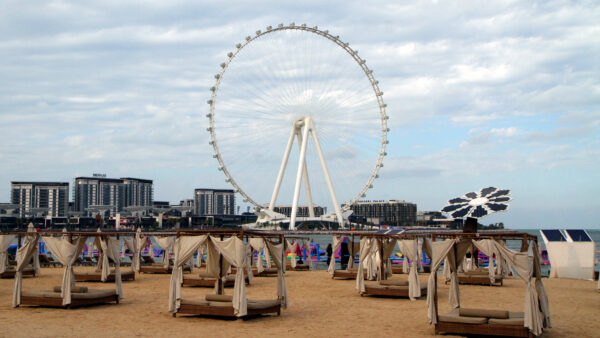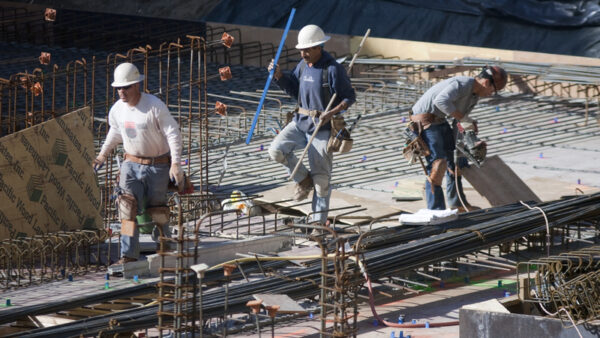Researchers in the UK and Indonesia have identified a risk of tsunamis near the site in Borneo where the government of Indonesia wants to build the country’s new capital.
Scientists at Heriot-Watt university in Edinburgh have found evidence that there have been multiple undersea landslides in the Makassar Strait between the islands of Borneo and Sulawesi that would lead to huge waves.
Uisdean Nicholson, a marine geologist at the university, commented: “We still have a lot more work to do to properly assess the situation. That said, this is something that Indonesian governments probably should have on the risk register.”
His team of researchers from the UK and Indonesia used seismic data to investigate the Makassar seafloor. This revealed 19 instances of sediment tumbling into deeper waters, some of which involved hundreds of cubic kilometres of material.
The findings were set out in a report published by the London Geological Society. This said: “We see clear evidence for ocean current erosion … to the south of the delta, where rapid sedimentation rates and slope over-steepening results in recurring submarine landslides.”
The report says this rapid sedimentation is caused by currents in the strait, which picks up sand and silt and deposits it at a shallow area near the proposed site for the new city. This material can then form an underwater avalanche when disturbed by an outside event, such as one of the region’s frequent earthquakes.
Image: The Makassar Strait (Klodien/Dreamstime)
Further reading:






